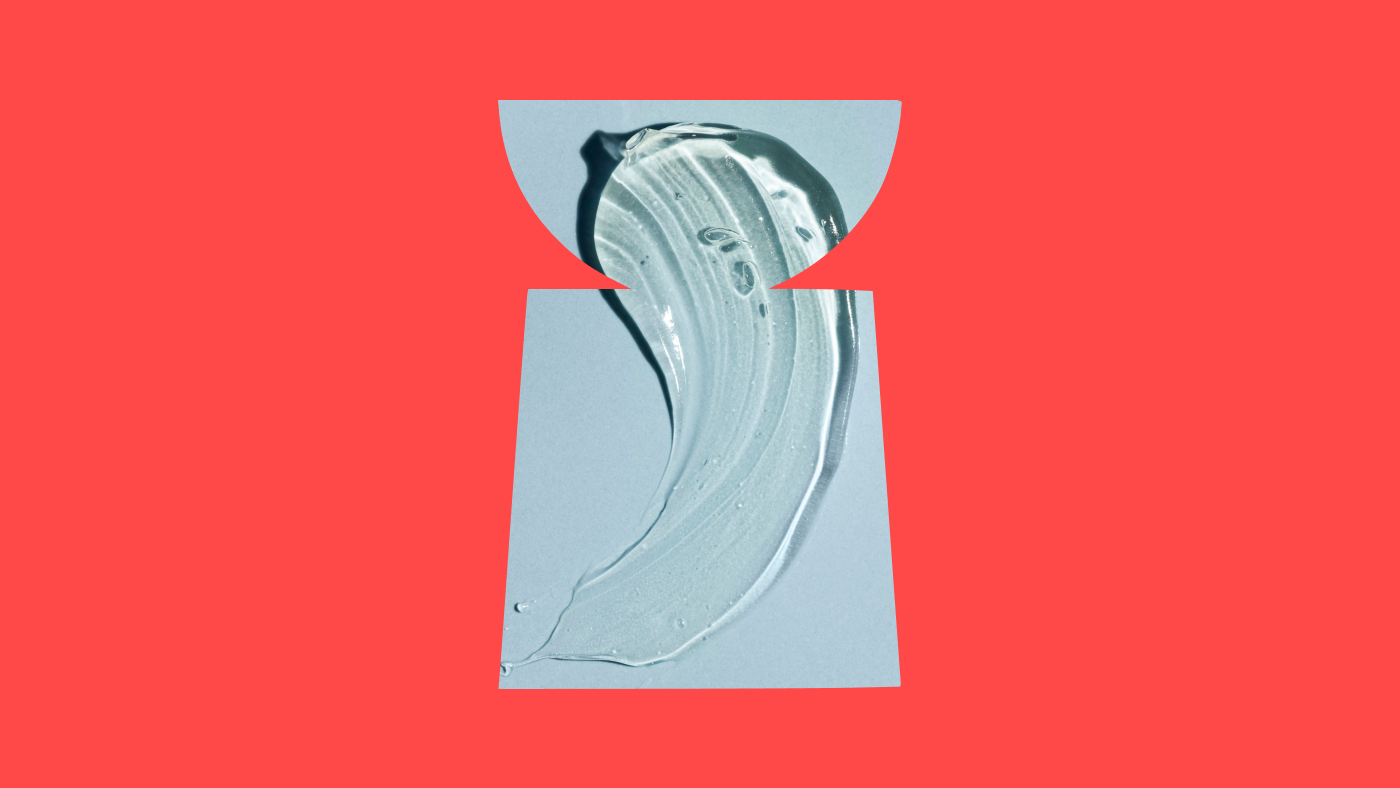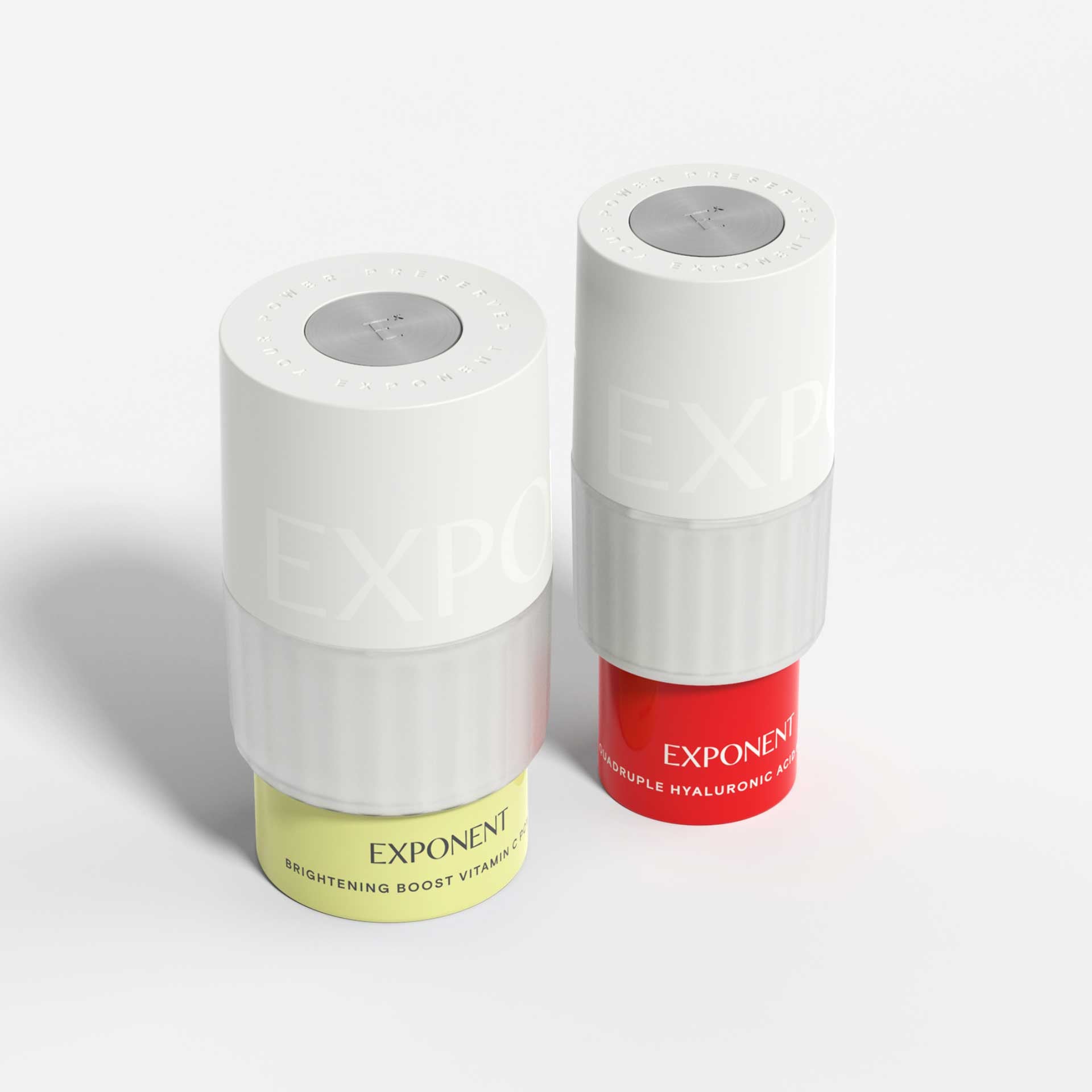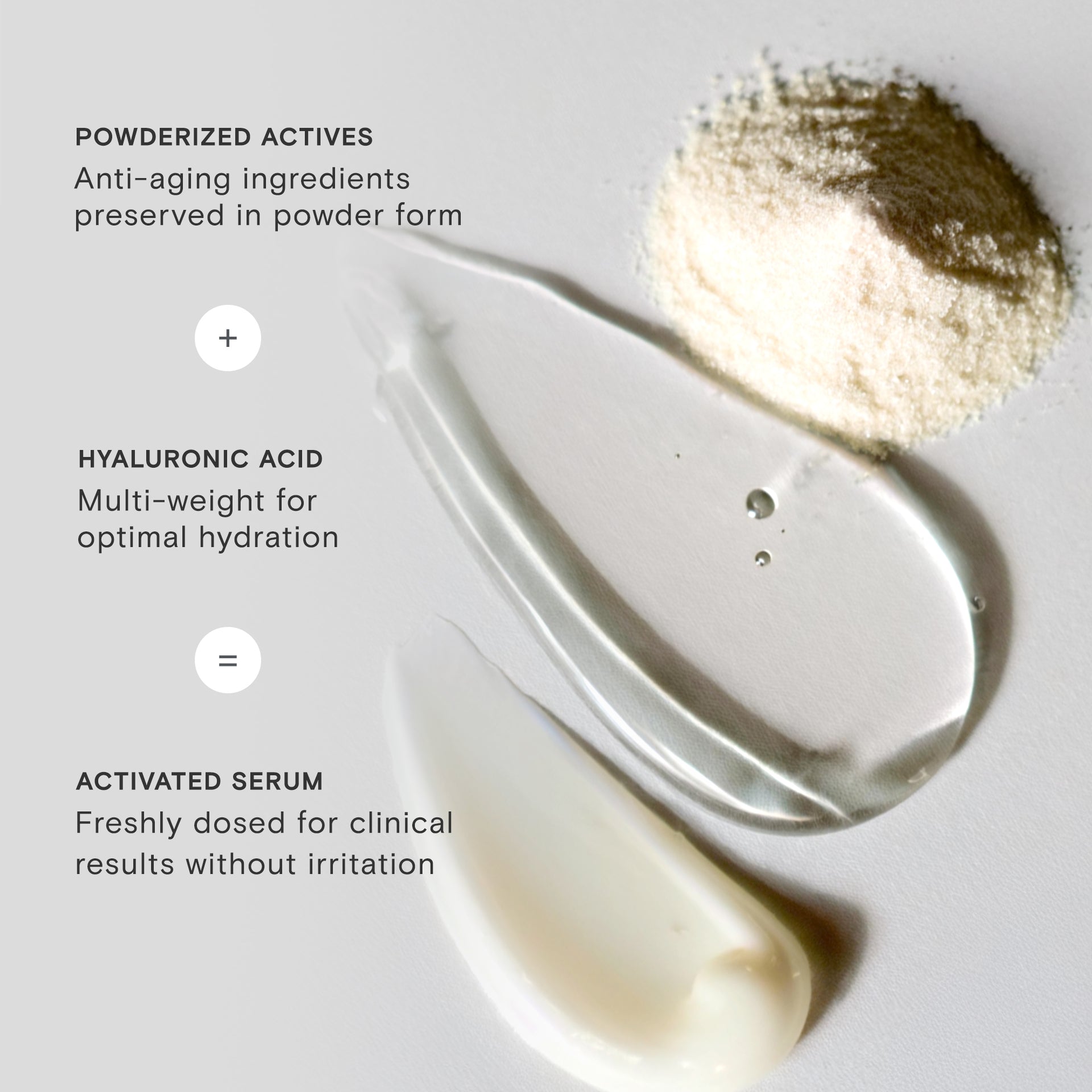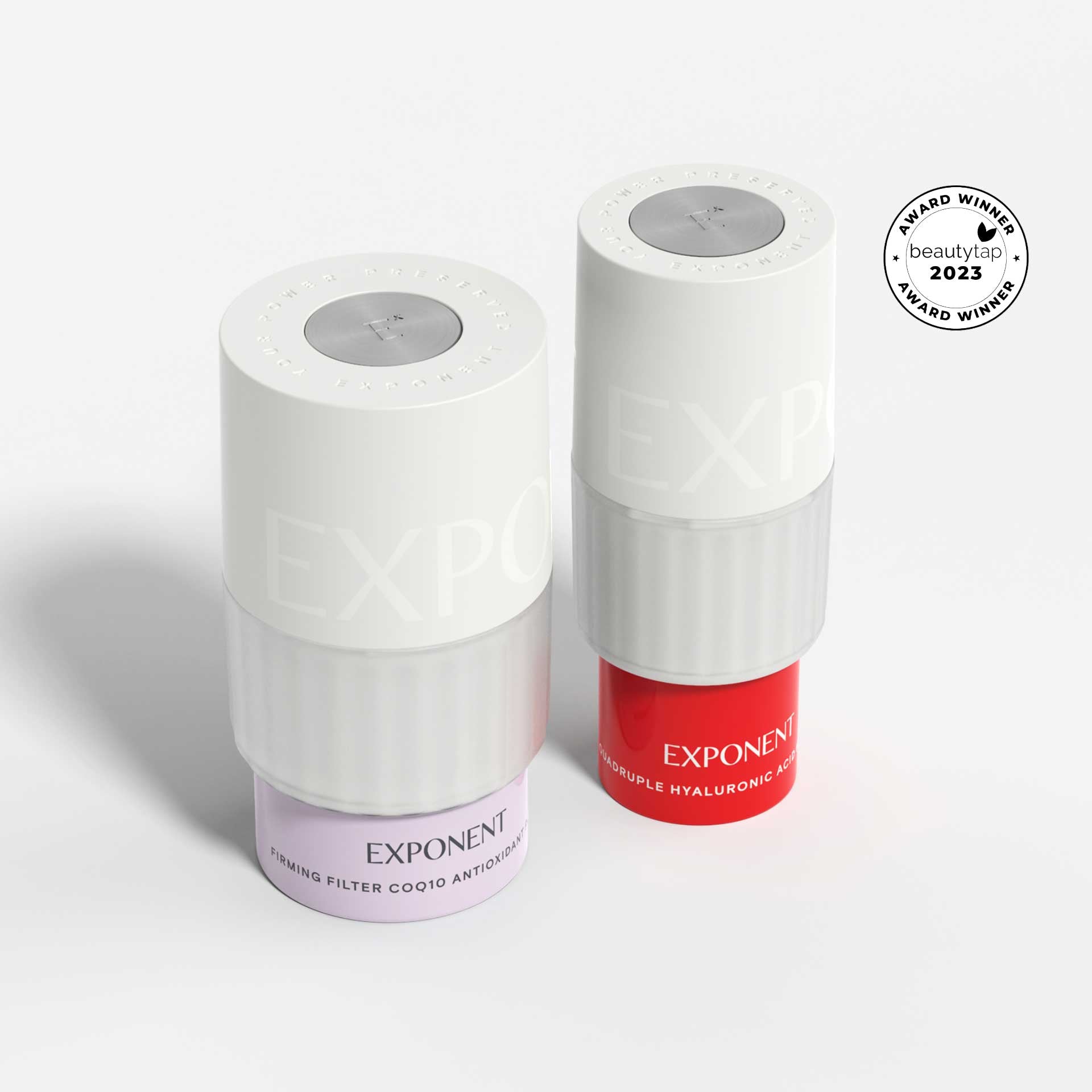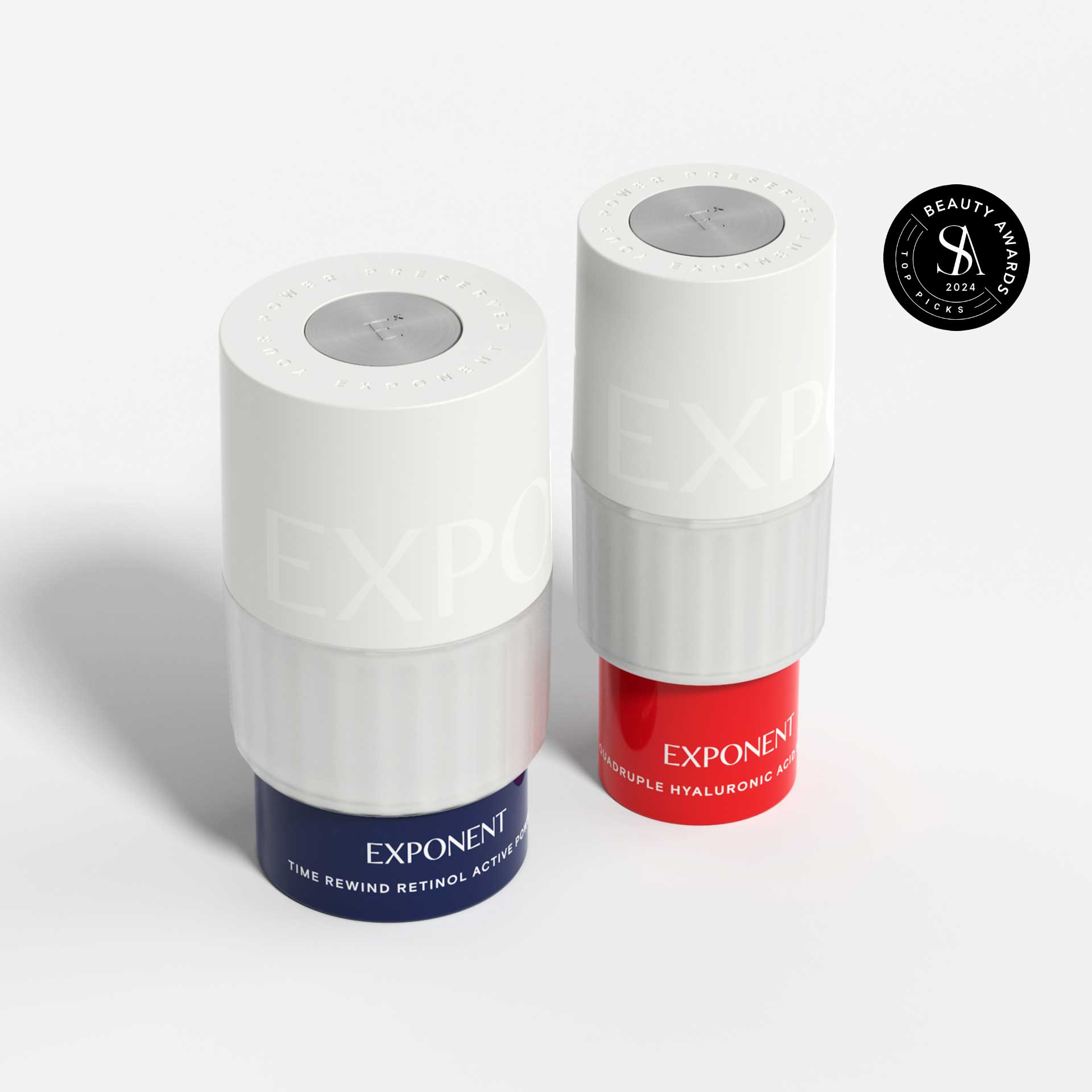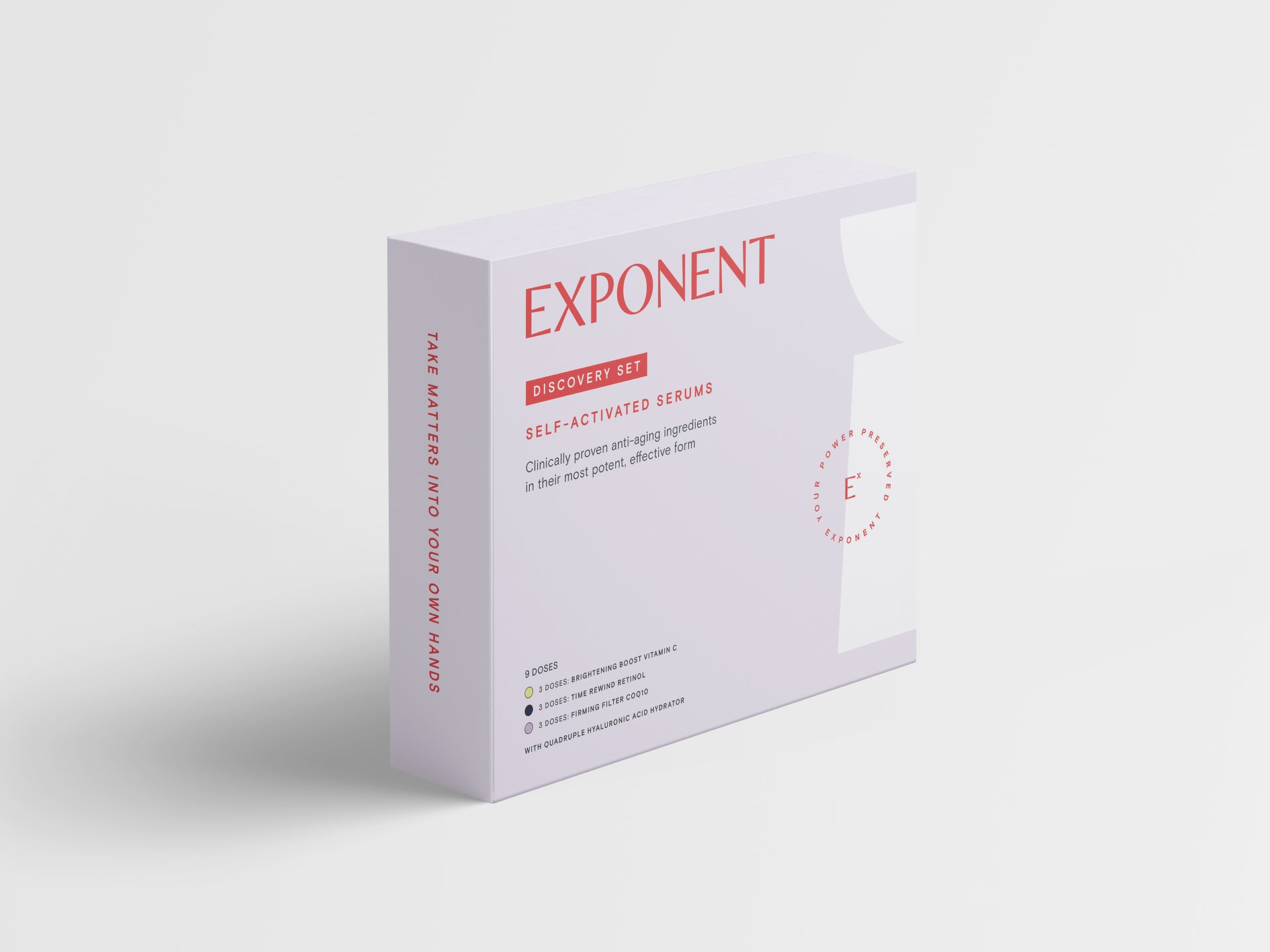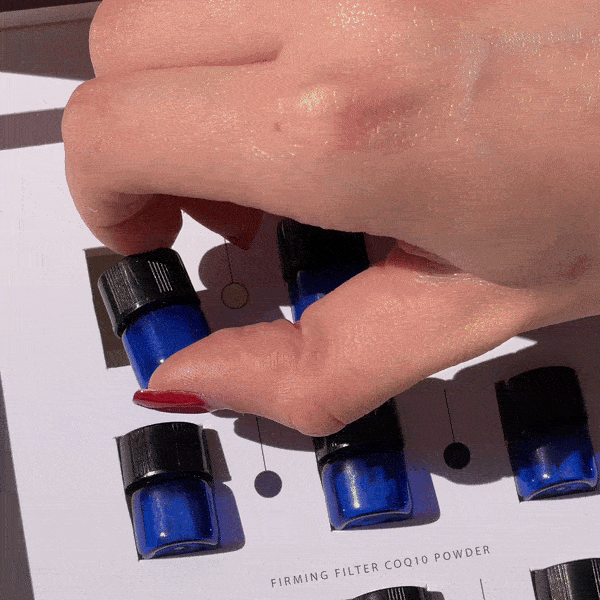Hyaluronic acid (HA) is, without a doubt, the juiciest ingredient that gets parched skin back to plump and hydrated, a hero for all skin types. Naturally found in the skin, as the main component that gives skin structure and density, hyaluronic acid degrades with age and UV exposure making the need to replenish it a must, whether you're a casual beauty enthusiast or a skincare devotee. Otherwise, skin wrinkles before you know it, and you can't escape the rough, dull look, no matter what you do. Now buckle up; this post dives deep into the multitude of skin benefits hyaluronic acid packs and a few tips for building it into your skincare routine.
Benefits of Hyaluronic Acid on Face & Skin
Hyaluronic acid is a humectant, meaning it attracts water molecules into the skin, either from the environment or from the deeper skin layers to the surface. In this way, hyaluronic acid prevents dehydration and maintains the barrier function integer while holding into a plump, dewy skin — the one we all strive for.
Benefits of hyaluronic acid for skin:
- Ultra-hydrating for skin
- Makes skin supple
- Anti-wrinkle properties
- Helps heal wounds and scars
Ultra-hydrating for skin
The ultra-hydrating benefits of hyaluronic acid come from its humectant activity, aka the ability to bind water molecules into the skin. However, the efficacy of hyaluronic acid in skin hydration is mainly influenced by its molecular weight.1
While low molecular weight HA (sodium hyaluronate) sinks into the deeper skin layers for hydration in the long run, hyaluronic acid with larger molecules sits on top of the skin (epidermis), hydrating it in an instant for short-term hydration.
Nevertheless, one thing is for sure: hyaluronic acid is the one to quench thirsty skin, whether it's dehydrated or you want to prevent dryness. As expected, the best thing you can do for your skin is to use a mix of molecular weights of hyaluronic acid for both instant and long-term hydration benefits.
You should bear in mind that hyaluronic acid can pull water from the inner skin layers to the surface — where hydration is easily lost — if the atmosphere lacks humidity. In other words, the hydration in the epidermis can be compromised if you're not in a humid environment. What to do? Trap your hyaluronic acid serum in the skin with an occlusive emollient (squalane, we're looking at you).
Makes skin look and feel more supple
Do your goals revolve around having supple, soft, radiant skin? I thought so. Hyaluronic acid is your best ally in the quest for an elastic and luminous complexion. The reason behind it is pretty simple — 50% of the body's total hyaluronic acid is in the skin, and once with its degradation, skin loses flexibility, leading to wrinkles and a dull appearance.2
So every time you slather your skin in a hyaluronic acid serum, hydration bursts, making your complexion appear energized and supple.
Anti-wrinkle properties
As the predominant component of the skin, hyaluronic acid plays a key role in keeping fine lines and wrinkles plump. But once its production decreases, starting in our 20s and reduced to half by 50s, skin loses density, making wrinkles appear more visible. "It's a sugar that is found in our skin and naturally depletes with age, which is why it's important to incorporate it into your skincare routine via topical products," explains Orit Markowitz, dermatologist and founder of Optiskin Medical in New York City. "It works to retain moisture within, which leads to hydrated and plump skin and a more youthful appearance," she adds.3
Hyaluronic acid binds water into the skin, providing immediate and long-term hydration -- it improves skin texture, plumps wrinkles while increasing skin capacity to preserve moisture, and boosts the protective barrier.4
This means less visible wrinkles and fewer chances for existing wrinkles to deepen. Lesser known in the fight against wrinkles is hyaluronic acid's antioxidant activity.5
Hyaluronic acid targets free radicals and protects the skin against UV damage, which accounts for 80% of wrinkles.
Helps heal wounds and treat scars
As one of the key players in the tissues regeneration process, hyaluronic acid speeds up wound healing by relieving inflammations and encouraging angiogenesis — the body's ability to grow more blood vessels in the damaged area.6
Because hyaluronic acid supports tissue regeneration, it's a boon for acne scars too! Atrophic scars, also known as ice pick scars, happen when breakouts heal below the normal skin layer, and hyaluronic acid is just great to help them fill up.
Pro Tip: Pair hyaluronic acid with vitamin C to boost wound healing even more and call it a day. While hyaluronic acid encourages tissue regeneration, vitamin C promotes collagen, increasing skin recovery some more. "Hyaluronic acid and vitamin C are commonly used together because they complement each other to hydrate, protect, and repair aging skin," says Joshua Zeichner, MD, the director of cosmetic and clinical research at Mount Sinai Hospital's Department of Dermatology.7
Find the Best Hyaluronic Acid Product for You
At Exponent, we don't just meet standards–we set them. Every activated serum is supercharged with quadruple weight HA molecules for maximum absorption, so you get results that actually work. You can also check our Product Recommendation List for clinically proven skincare that meets The Exponent Standard.
Words By: Ana Vasilescu
Footnotes
- Juncan AM, Moisă DG, Santini A, et al. Advantages of Hyaluronic Acid and Its Combination with Other Bioactive Ingredients in Cosmeceuticals. Molecules. July 2021. Source
- Fallacara A, Baldini E, Manfredini S, Vertuani S. Hyaluronic Acid in the Third Millennium. Polymers (Basel). July 2018. Source
- Akili King. Looking for the Best Hyaluronic Acid Serums? 4 Skin Experts Weigh In on Their Favorites. Vogue. June 2021. Source
- Journal of the American Academy of Dermatology, Immediate and long-term effects of a topical serum with five forms of hyaluronic acid on facial wrinkles and intrinsic skin moisture content. Source
- Sudha PN, Rose MH. Beneficial effects of hyaluronic acid. Adv Food Nutr Res. 2014. Source
- Litwiniuk M, Krejner A, Speyrer MS, Gauto AR, Grzela T. Hyaluronic Acid in Inflammation and Tissue Regeneration. Wounds. March 2016. Source
- Colleen de Bellefonds. Why Hyaluronic Acid Is Often Paired with Vitamin C in Skin Care Products. Healthline. January 2021. Source


